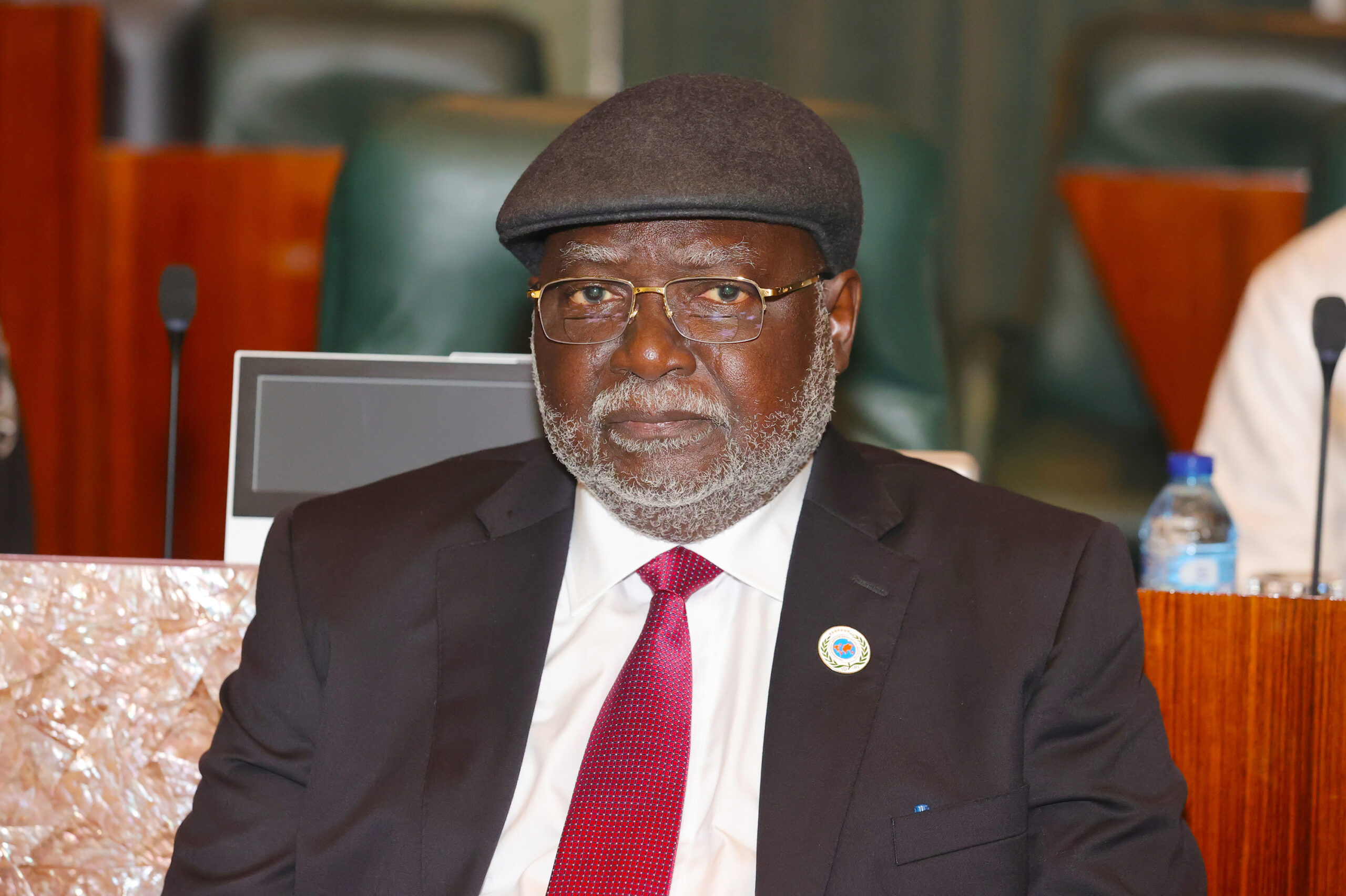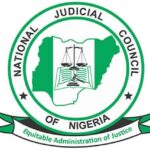On June 27, the Nigerian judiciary witnessed the inauguration of Justice Olukayode Ariwoola as the acting Chief Justice of Nigeria (CJN), which has led to suggestions on the way forward for the nation’s judiciary.
The acting CJN assumed office at a turbulent period in the nation’s judiciary’s hierarchy with 14 justices of the Supreme Court making public allegations of corruption and neglect of the welfare of judicial officers.
- Russia/Ukraine war contributing to Nigeria’s food insecurity
- Niger gov’ship: NLC chair picked as running mate to APC candidate
Speaking after his inauguration, Justice Ariwoola, while responding to President Muhammadu Buhari’s admonition not to fail the people in the upcoming 2023 general elections, promised to abide by the country’s constitution in his functions, while also assuring on resolving the issues contained in the letter written by the justices.
Reacting to what should be the focus of the new helmsman in the apex court, a former Director-General of the Nigerian Institute of Advanced Legal Studies (NIALS), Professor Epiphany Azinge, urged the acting CJN to prioritise the welfare of judges.
“He needs to address the welfare of judges. There should be an enabling environment so they can perform. The idea of being restricted within the period of eight o’clock in the morning to 4pm is totally unacceptable.
“Judges are supposed to work very late in the night. And if there is no diesel available in their respective homes, an opportunity should be given for them to stay longer within the Supreme Court and within their offices in order to function. That’s the major one,” he said.
He said the Supreme Court cannot function in isolation as the services of research assistants were needed for justices of the apex court.
“In some instances, we suggested that they should have two. In the US, they have more than one. But here we are even battling to have one. So, they should have one, at least, so they can do some background research before they can come up with whatever decision they want to make.”
“Firstly, he should find out how money budgeted has been expended over a period of time. And what and what should be available for his brother-justices in the Supreme Court in that regard, amongst others.
“These are some of the issues they itemized. Will the money be available? If the money is not available, will he now show leadership by ensuring that a move is made and a motion is presented to that effect to the National Assembly, knowing fully that these are the challenges? And to that extent, he needs to do something, before a memo is also leaked against him.”
The Nigeria Bar Association (NBA) through its president, Olumide Akpata counselled the acting CJN to restore public confidence in the judiciary following the letter by the 14 justices.
Also, the convener of Access to Justice, Joseph Otteh, said he would like to see the new CJN take the Judiciary through a cathartic process of re-birth.
“I think many would agree that Nigeria’s judiciary is broken in many ways; even quite apart from the fact that it is not modernised and purpose fit for the 21st century and the many ramifications of the challenges we face at this time,” he said.
“We need a new vision of what our judiciary represents in a constitutional democracy. The era where it is a subservient, rubber-stamping, politicised, and largely ephemeral arm of government needs to be gone forever. Our judiciary has largely, in the estimation of many, been unable to hold power to account.
“Look at the mounting profile of cases where governments have refused to abide by its orders and decisions, and you will see a judiciary that lacks the courage of conviction of its proper role in a democracy.”
He charged the acting CJN to restructure the justice administration to give it an “identity and character” to deliver on good governance, welfare, social justice, freedom, equality and justice.
On his part, Lagos lawyer, Johnson Odion Esezoobo, said the acting CJN should not see himself as superior to other justices of the apex court as to subject them to the same condition his predecessor did them.
He advised him to “humble himself among equals save that you are only placed by reason of being the head to superintend over them.”
“Second, he must pay more attention to the interest of his team than to his personal interest. He should not hold back and eat, whatever is due to the justices because it is within the power of his office to do so, that is stealing,” he said.
“Third, he should strive to make a difference by engaging the other justices in constant or regular consultation on policy and policy decision making.
“This gives everyone a sense of belonging and will strengthen their sense of commitment to national service, ultimately helping you succeed and making a mark.”
He also advised the acting CJN to separate the office from his family and manage his legitimate salary and other perquisites of office.
The lawyer also advised the acting CJN to look into the slow pace of administration of justice in the Supreme Court.
“Over 50% of the appeals before the apex court have no business being there at all. Your Lordship’s lamentations in recent times over what you described as frivolous or useless appeals or appeals filed to garner the number to make the silk attest to this.
“But the more serious aspect is that judgments are not enforced; judgment creditors get frustrated. This affects commercial transactions and invariably both local and foreign investments.
“In cases involving non-payment of pension, pensioners are dying by the day waiting for dates from the court,” he said.

 Join Daily Trust WhatsApp Community For Quick Access To News and Happenings Around You.
Join Daily Trust WhatsApp Community For Quick Access To News and Happenings Around You.


